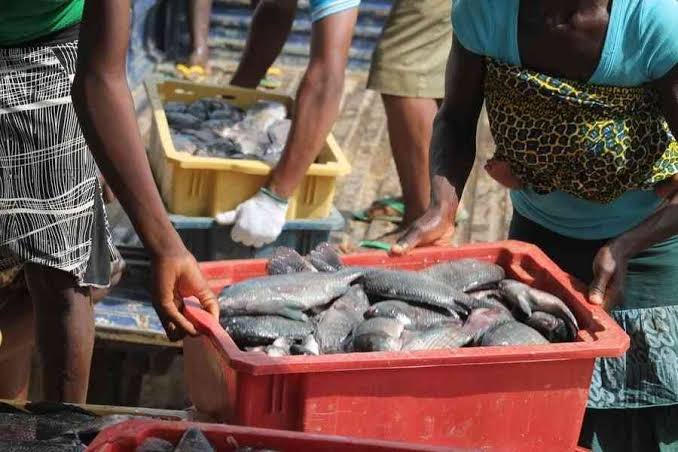
With fisheries standing as one of Uganda’s top revenue streams, an increasing number of Ugandans, particularly women and youth entrepreneurs, are immersing themselves in the sector, making it a pivotal aspect of their economic endeavors.
The Ministry of Agriculture, Animal Industry and Fisheries (MAAIF) reported that the fisheries sub-sector directly employed approximately 1.7 million individuals and indirectly supported over 3.5 million people in 2017. Moreover, in the calendar year 2021-2022, fish and fish products ranked as Uganda’s third-highest export, contributing USD $116.2 million to the country’s economy.
Against this backdrop, Gudie Leisure Farm has unveiled plans for the Aquaculture Cottage Industry Symposium—a private sector-driven initiative geared towards educating potential and existing investors about the myriad opportunities within the aquaculture value chain. The symposium aims to shed light on emerging developments and their implications for stakeholders.
Scheduled for Monday, April 8, at the farm premises in Najjeera II, Kira Municipality, Wakiso district, the event will spotlight various business prospects within the sector, particularly for youth entrepreneurs. Additionally, it will showcase cutting-edge research and innovations developed by stakeholders such as the National Agricultural Research Organization (NARO), aimed at enhancing efficiency and profitability for businesses. Discussions will also revolve around collaborative strategies to tackle sector challenges and attract catalytic investments.
Prof. Naiga Gudula, the founder and Managing Director of Gudie Leisure Farm, expressed enthusiasm for the symposium, emphasizing its role in highlighting the untapped potential of Uganda’s lucrative value chains.
“The primary objectives of this event include exposing micro, small, and medium enterprises (MSMEs) to existing and emerging business opportunities, equipping them with the necessary technical and business skills, fostering collaborations with supportive stakeholders, and spotlighting Youth Agripreneur Champions driving socio-economic transformation through aquaculture initiatives,” she stated.
While the sector’s contribution to Uganda’s GDP in the calendar year 2021/22 stood at 2%, it recorded a value addition of 3,298 billion shillings, underscoring its economic significance. Prof. Gudula emphasized the need for strategic investments, like the symposium, to bolster this contribution and uplift local communities, particularly the youth.
“We take pride in our network of over 70,000 Youth Agripreneur Champions (YACs) engaged in catfish production, value addition, and trade within the sector,” she added.
Ms. Florence Nampeera, an entrepreneur and district agent for Gudie Leisure Farm in Kyotera and Rakai, highlighted the youth’s eagerness to invest in aquaculture due to its promising prospects. She emphasized efforts to establish aquaculture cottage industries at the grassroots level, aiming to bolster supply chains and business services for stakeholders.
“As a member of the private sector, we are committed to promoting initiatives that align with Uganda’s socio-economic transformation agenda and welcome both potential and existing investors, especially young entrepreneurs, to join us in this endeavor,” she concluded.
About Gudie Leisure Farm
Gudie Leisure Farm (GLF) is a social enterprise providing various agribusiness development services to youth-owned micro and small enterprises (MSEs) in the agricultural sector, and in particular, those operating in the white meat and related value chains. Established in 2009, the company, since its inception, has been providing the MSMEs with the technical and business training they need to produce and distribute high quality white meat products and services through its agribusiness incubation center, linking them to markets in and outside their districts of operation that can deliver them with the returns they expect from their investments and business development services (BDS) providers in the public and private sectors that can support the growth and sustainability of their enterprises
Post Views: 1,011
Kimera Abdul is a Senior Journalist with Plus News Uganda. He identifies as an adaptable and enthusiastic individual who works to inspire generations. He posses a Diploma and Broadcast journalism and has… More by Kimera Abdu